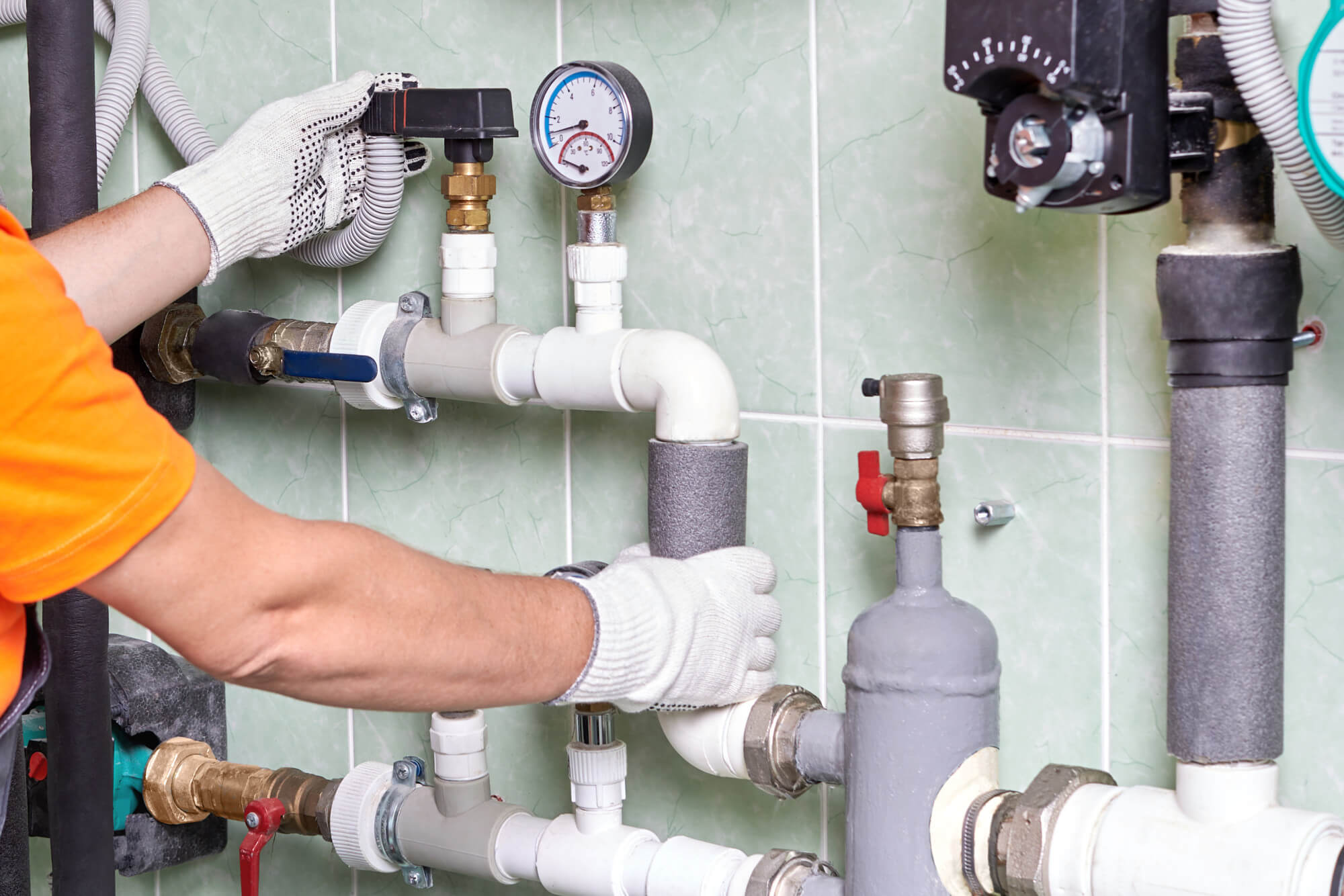
Chicago’s plumbing industry is the backbone of the city’s infrastructure, ensuring clean water delivery, waste management, and public health safety. As aging pipes and modern high-rises drive demand, plumbing careers offer stability, competitive wages, and pathways to specialization. This guide demystifies the licensing process, apprenticeship requirements, and career outlook for aspiring plumbers in Chicago, combining municipal regulations, training timelines, and labor market insights.
Chicago enforces a dual licensing system to maintain high safety and code compliance standards. All plumbing contractors must hold both a state license from the Illinois Department of Public Health (IDPH) and a municipal license from the Chicago Department of Buildings (DOB). Unlike other cities, Chicago’s regulations are notably stricter, particularly for sewer systems and water supply configurations12.
Key License Types in Chicago:
Licenses renew annually, requiring proof of insurance and continuing education credits. Violations of Chicago’s plumbing code can incur fines up to $2,000 per incident4.
A high school diploma or GED is the minimum requirement. Courses in mathematics, physics, and blueprint reading provide a practical foundation for apprenticeships and licensing exams5.
Apprenticeships blend paid on-the-job training with classroom instruction. Chicago offers two primary pathways:
Union Programs
Non-Union Programs
All apprentices must secure a licensed sponsor to validate their training hours.
After completing an apprenticeship, candidates must:
New 2025 exam updates emphasize sustainable design and IoT-integrated plumbing systems, reflecting industry trends12.
From Education to Licensure
| Phase | Duration | Key Milestones |
|---|---|---|
| Pre-Apprenticeship | 6–12 months | High school/GED completion |
| Apprenticeship | 4–5 years | 8,000 fieldwork hours + classroom hours |
| Exam Preparation | 3–6 months | State exam study and registration |
| Municipal Licensing | 4–8 weeks | Application processing |
Cost Breakdown
| Expense Type | Cost Range |
|---|---|
| Apprenticeship Tuition | $1,300–$2,900 annually |
| Licensing Fees | $550 (state + city) |
| Tools and Materials | $200–$500 |
Total Estimated Cost: $6,840–$10,240151617.
Plumbers in Chicago earn 8% above the national average, with salaries reflecting experience and specialization:
| Experience Level | Average Annual Salary |
|---|---|
| Entry-Level (0–2 yrs) | $58,821–$65,424 |
| Mid-Career (3–5 yrs) | $67,986–$71,756 |
| Master Plumber (6+ yrs) | $85,626+ |
Union members benefit from full healthcare coverage and pension plans, adding $15,000–$20,000 in annualized compensation1819. Suburban areas like Evanston offer marginal salary premiums due to demand for specialized services20.
Infrastructure and Construction Driving Growth
The Bureau of Labor Statistics projects 2% national growth for plumbers through 2028, but Chicago’s localized needs suggest higher regional demand23.
Lucrative Specializations
Chicago’s union apprenticeships lead the market in benefits and training quality. Local 130 UA apprentices earn paid sick leave and annuity plans, with wages increasing biennially27. Post-licensure, plumbers must complete 4 annual hours of continuing education, with 2025 courses focused on heat pump integration and water conservation codes28.
With a projected $2.1 billion invested in water infrastructure through 2030, Chicago offers plumbers recession-resistant careers backed by steady demand. Aspiring professionals should prioritize accredited apprenticeships and niche certifications to capitalize on the city’s growth. From repairing century-old pipes to installing cutting-edge systems, plumbing careers here blend tradition with innovation—ensuring both stability and opportunity.
Begin your journey by contacting the Plumbers Local 130 UA Training Center or enrolling in BFCA’s apprenticeship program today2930.
Chicago Department of Buildings – Plumbing Contractor License ↩
Building and Fire Code Academy (BFCA) – Plumbing Apprenticeship ↩
Chicago Department of Buildings – Plumbing Contractor License ↩
Chicago Department of Buildings – Plumbing Contractor License ↩
Building and Fire Code Academy (BFCA) – Plumbing Apprenticeship ↩
Illinois Plumbing Consultants – Exam and Tuition Details ↩
Building and Fire Code Academy (BFCA) – Plumbing Apprenticeship ↩
Plumbers Local 130 UA Training Program ↩
Building and Fire Code Academy (BFCA) – Plumbing Apprenticeship ↩
Illinois Plumbing Consultants – Exam and Tuition Details ↩
Chicago Department of Buildings – Plumbing Contractor License ↩
Zippia – Plumbing Job Market Trends ↩
Chicago Department of Buildings – Plumbing Contractor License ↩
Building and Fire Code Academy (BFCA) – Plumbing Apprenticeship ↩
Building and Fire Code Academy (BFCA) – Plumbing Apprenticeship ↩
Illinois Plumbing Consultants – Exam and Tuition Details ↩
Salary.com – Plumber Salaries in Chicago ↩
Salary.com – Plumber Salaries in Chicago ↩
Plumbers Local 130 UA Training Program ↩
Salary.com – Plumber Salaries in Chicago ↩
Historical Overview of Chicago’s Plumbing Infrastructure ↩
Zippia – Plumbing Job Market Trends ↩
Zippia – Plumbing Job Market Trends ↩
Zippia – Plumbing Job Market Trends ↩
Specialty Plumbing Certifications and Earnings ↩
Emerging Technologies in Plumbing ↩
Plumbers Local 130 UA Training Program ↩
Zippia – Plumbing Job Market Trends ↩
Building and Fire Code Academy (BFCA) – Plumbing Apprenticeship ↩
Plumbers Local 130 UA Training Program ↩

